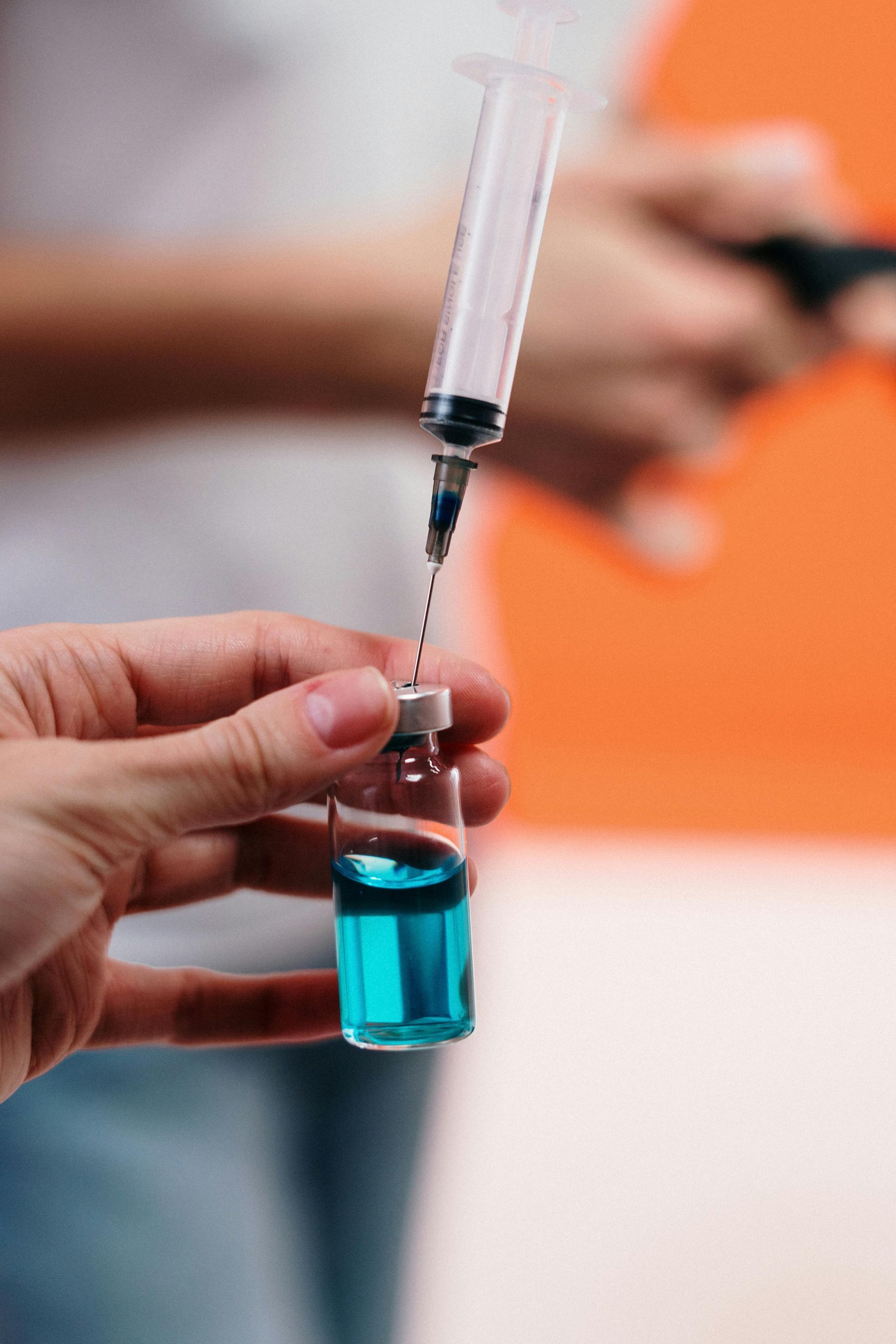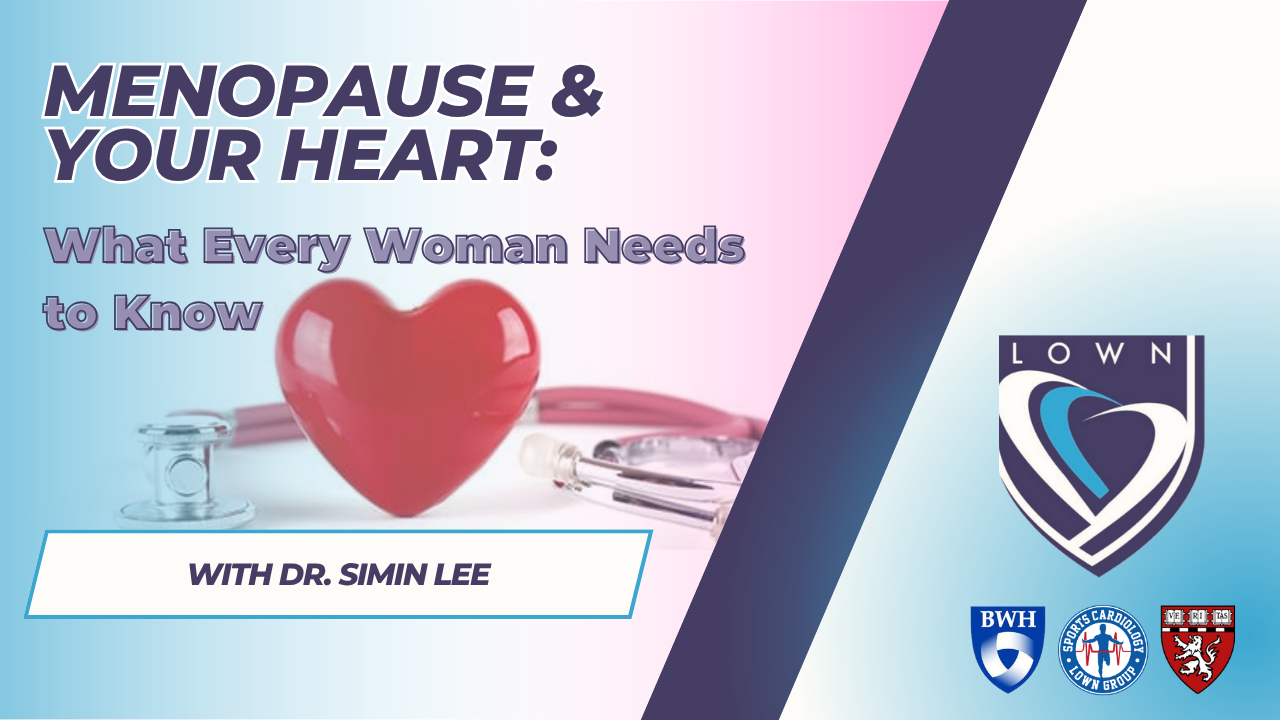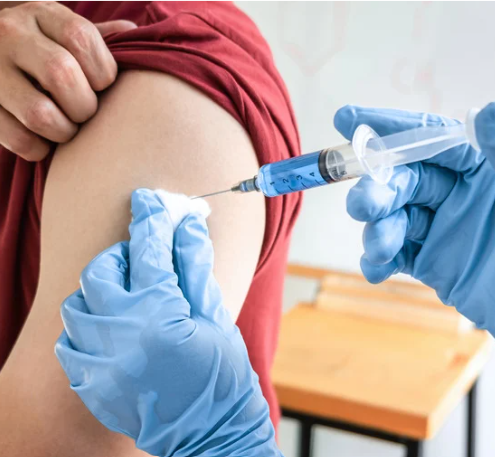Infections, vaccines, and heart disease: What you need to know
Before flu season starts, make sure you’re current on all your vaccinations, especially if you have heart disease.
As summer winds down, it’s time to rev up your immunity against infections that become more common during the colder months of the year. People vaccinated against the flu are less likely to develop serious heart problems than unvaccinated people. And vaccinations against COVID-19 and pneumonia will likely reduce the secondary heart-related complications that can occur when people become seriously ill from these infections. That’s according to a consensus statement published online June 30, 2025, by the European Heart Journal from a team of international experts, including two Harvard Medical School professors.
Beyond preventing infections and related complications, vaccinations have “profound effects” on the risk of cardiovascular disease and should be considered the fourth pillar of medical prevention in addition to drugs to lower blood pressure, reduce cholesterol, and treat diabetes, the authors assert.

Vaccines against respiratory syncytial virus, or RSV (a potentially serious infection similar to the common cold) and shingles (a reawakening of the chickenpox virus that emerges through the nerves and causes a painful rash) are also advisable for many older adults.
A lingering threat
“Even if you don’t have heart disease, serious infections can be dangerous for your heart,” says Dr. Dara Lee Lewis, a cardiologist at Harvard-affiliated Brigham and Women’s Hospital. The inflammatory response your body mounts against all infections is a double-edged sword, she explains. The outpouring of molecules known as cytokines stimulates your immune system to fight the offending pathogen. But the resulting immune response inadvertently causes inflammation elsewhere in the body, like the arteries of the heart. Illness also activates the body’s stress response, which makes blood clots more likely to form. Together, the surge in inflammation and clots can lead to heart attacks, strokes, irregular heart rhythms, and heart failure.
Heightened risks for heart patients
People who already have a heart condition are especially vulnerable to complications, says Dr. Lee Lewis. The coughing and congestion that commonly occur with respiratory infections can make breathing more difficult, and the potential drop in oxygen puts added stress on the heart. Serious infections sometimes trigger sepsis, which happens when the immune system is overwhelmed or goes into overdrive, causing symptoms such as a rapid heart rate, very fast breathing, and low blood pressure. These complications can lead to what’s known as a type 2 heart attack. “Unlike the classic heart attacks, which stem from plaque buildup or blockages in the arteries, a type 2 heart attack occurs when there’s a mismatch between blood supply and demand,” Dr. Lee Lewis explains.
Vaccine advice
Here’s what Dr. Lee Lewis recommends:
Influenza
Schedule your annual shot for September or October. Immune response wanes with age, so if you’re 65 or older, request a high-dose vaccine, which contains three to four times as much flu virus antigen as the standard flu shot.
COVID-19
Get the current COVID vaccine in the fall. If you’re planning to travel by airplane over the next few months, consider timing your vaccine about two weeks before you leave, since the strongest protection against the virus seems to be from two to eight weeks after vaccination, Dr. Lee Lewis notes.
Pneumonia
A single dose of this vaccine at age 50 or older provides lifelong protection for many people. However, those with heart disease or other conditions may need boosters or additional shots. Ask your doctor for advice.
RSV
This one-time vaccine is recommended for people 75 and older as well as people ages 60 to 74 who are at high risk because of underlying medical conditions.
Shingles
People ages 50 and older should get a shingles vaccine, which is given in two doses, typically two to six months apart. A recent study found that the shingles vaccine is linked to a lower risk of dementia. Although not proven, the link makes sense given that shingles can raise the risk of stroke, which can predispose people to dementia, says Dr.Lee Lewis.
Recent Blog Posts






